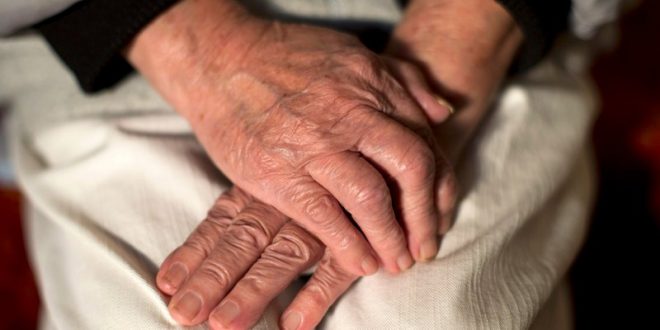Eli Lilly said its Alzheimer’s drug had failed in a large clinical trial.
Shares of Lilly are down 14% to $65.14 in early trading on the solanezumab study failure, which is also a big setback for the entire field of Alzheimer’s drug research. Solanezumab is the latest in a long string of drugs that have proven too weak to stop or even slow the progression of the terrible, memory-wasting disease.
Lilly will not pursue regulatory approvals for solanezumab — known as “sola” — because of the phase III study failure, the company said.
“The results of the solanezumab EXPEDITION3 trial were not what we had hoped for and we are disappointed for the millions of people waiting for a potential disease-modifying treatment for Alzheimer’s disease,” said John Lechleiter, president and chief executive officer of Lilly, in a statement. “We will evaluate the impact of these results on the development plans for solanezumab and our other Alzheimer’s pipeline assets.”
Here’s how Lilly described the study results:
Patients treated with solanezumab did not experience a statistically significant slowing in cognitive decline compared to patients treated with placebo (p=.095), as measured by the ADAS-Cog14 (Alzheimer’s Disease Assessment Scale-Cognitive subscale).
While the study results, including many secondary clinical endpoints, directionally favored solanezumab, the magnitudes of treatment differences were small. There were no new safety signals identified in the study. Lilly will not pursue regulatory submissions for solanezumab for the treatment of mild dementia due to Alzheimer’s disease.
Agencies/Canadajournal
 Canada Journal – News of the World Articles and videos to bring you the biggest Canadian news stories from across the country every day
Canada Journal – News of the World Articles and videos to bring you the biggest Canadian news stories from across the country every day



